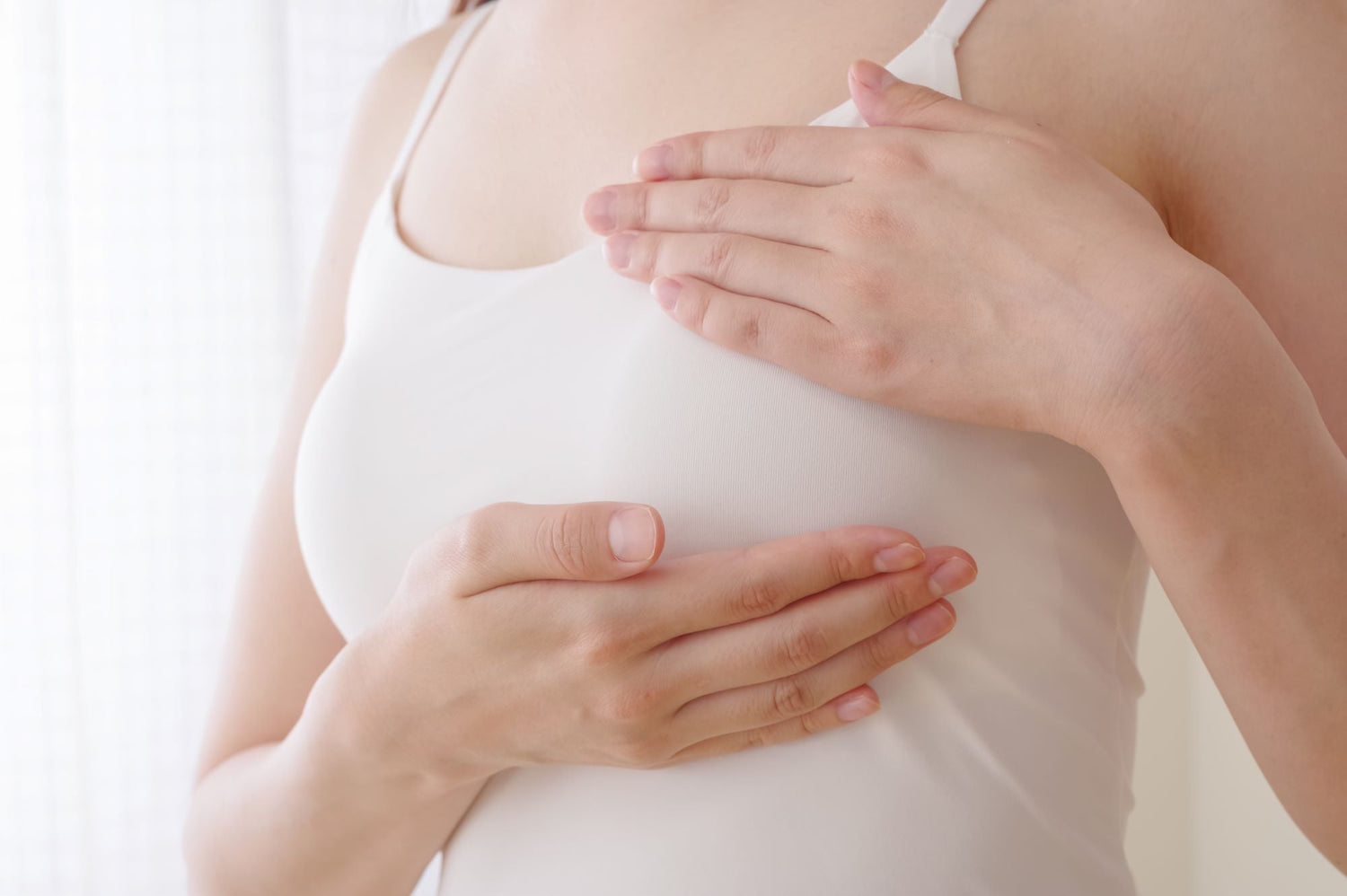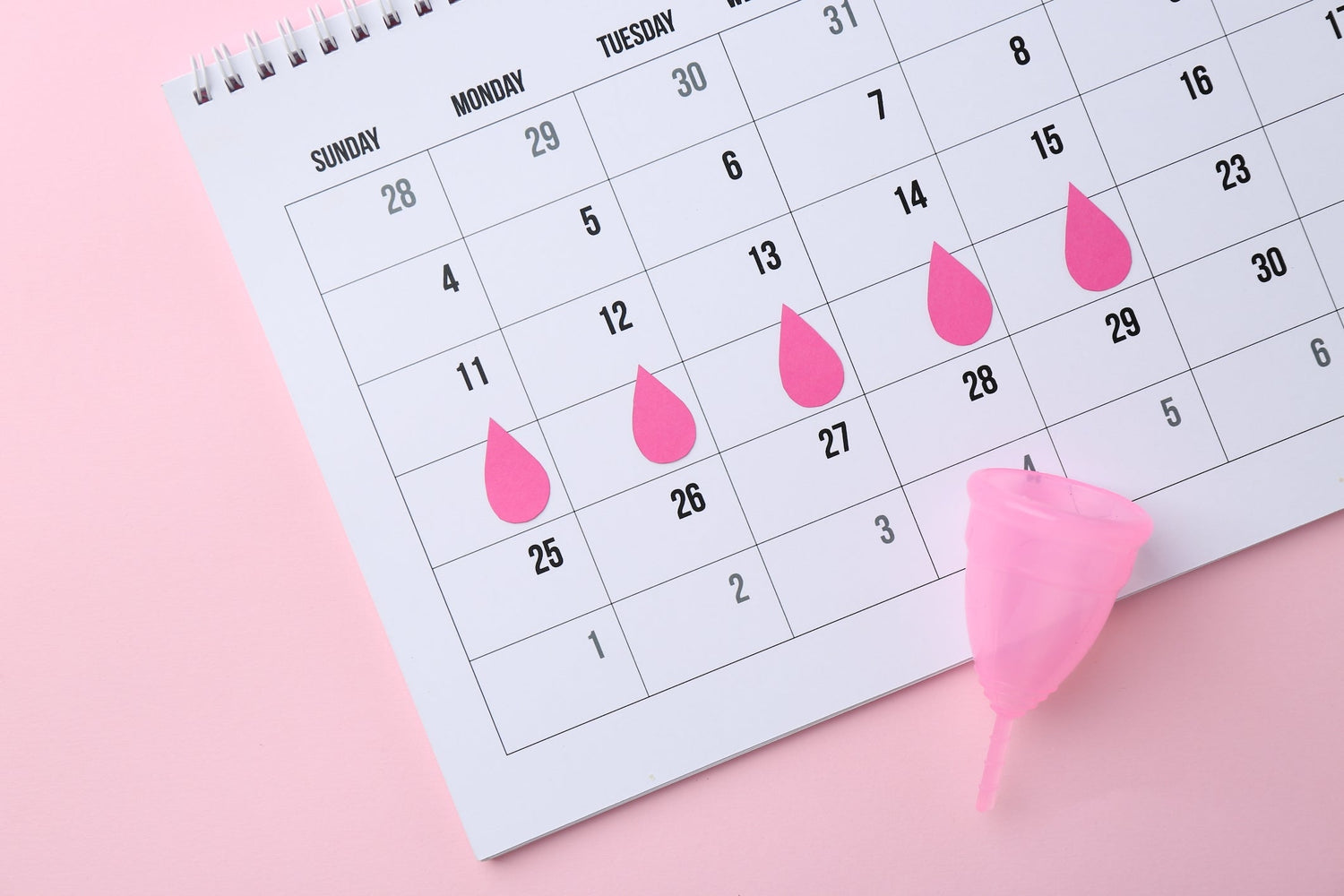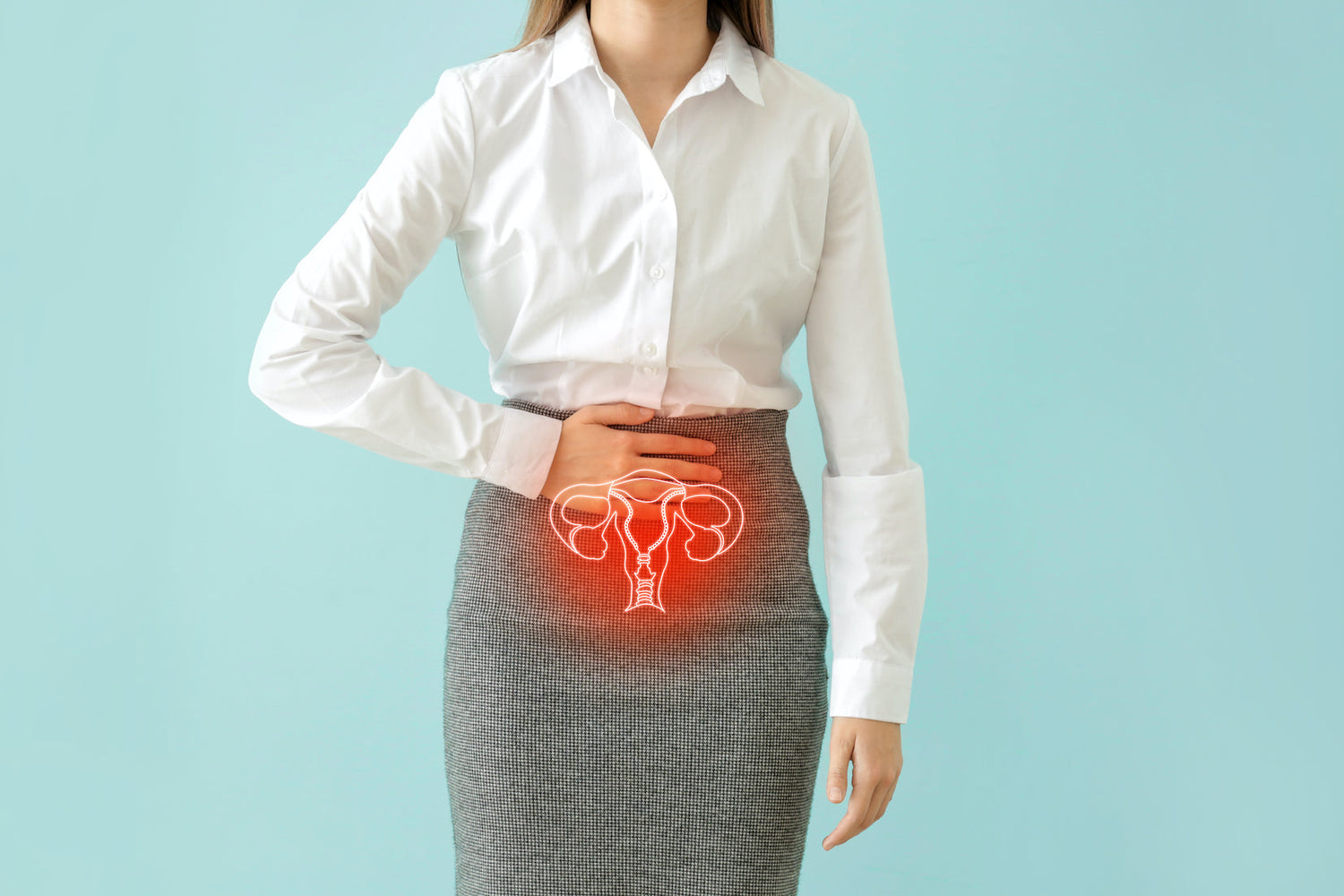
Die weibliche Brust: Anatomie, Entwicklung und was du wissen solltest
Die weibliche Brust ist weit mehr als nur ein sekundäres Geschlechtsmerkmal. Sie ist ein faszinierender Teil des Körpers, der sich im Laufe des Lebens verändert – hormonell, optisch und funktional....












